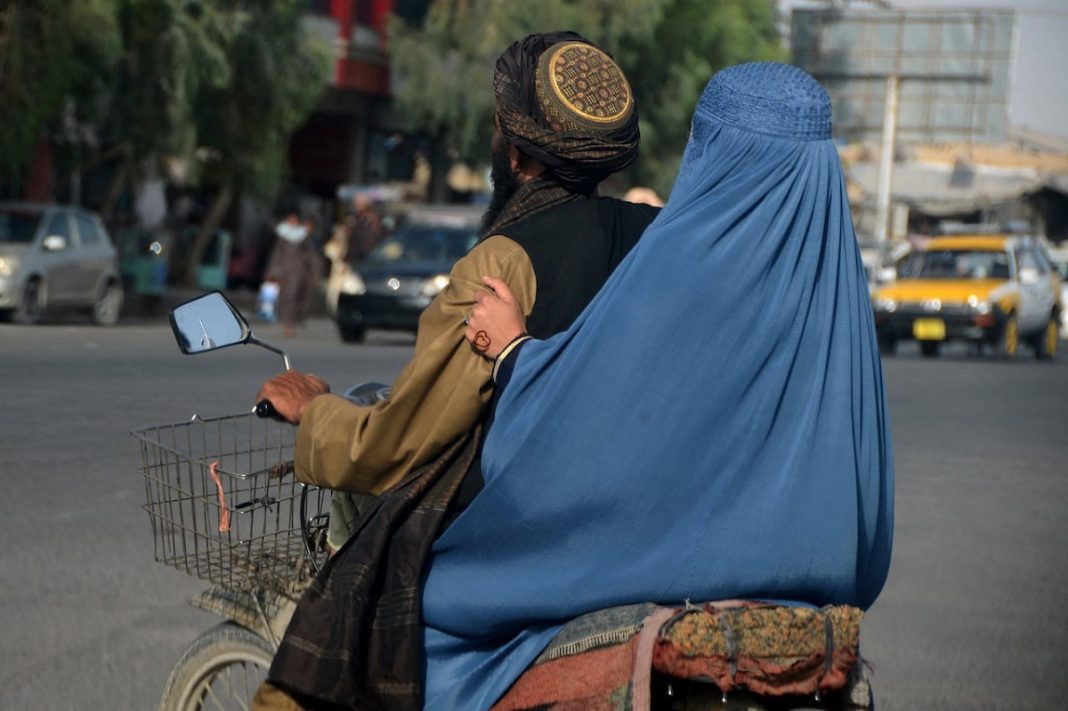Iravani read a statement before the UN Security Council briefing on the “Situation in Afghanistan” in New York on Wednesday.
The statement is as follows:
I thank Mozambique for convening this meeting. We welcome the presence of Ms. Roza Otunbayeva, the Special Representative of the Secretary-General at this meeting and appreciate her updated and insightful briefing.
Since August 2021, Afghanistan has been grappling with a multitude of challenges.
Despite the UN efforts to alleviate the humanitarian crisis, the situation remains dire, with an estimated 28 million people projected to require humanitarian and protection assistance in 2023. Furthermore, the threat of terrorism persists with the presence of Daesh and Al-Qaeda affiliates.
In the meantime, recent restrictions and bans imposed on Afghan’s women and girls preventing them from accessing education are deeply concerning.
However, we must be cautious of the politicization or exploitation of humanitarian aid for political purposes. Such practices would harm the Afghan people who depend on this aid for their survival.
It is also crucial that the release of frozen assets belonging to the Afghan people is expedited and not subject to political conditions. This is critical for restoring the Afghan economy and saving lives.
To ensure that the Afghan people receive the support they need, humanitarian aid must remain impartial and unconditional. We must prioritize the well-being of the Afghan people above all else.
As a neighboring country of Afghanistan, we are deeply concerned about the potentially disastrous consequences of the ongoing situation in Afghanistan. The presence of Daesh and Al-Qaida affiliates, as well as drug cultivation and trafficking, poses a significant threat to the security of Afghanistan, its neighboring countries, and the entire region.
If not addressed effectively, the situation has the potential to lead to widespread destitution and a massive influx of migrants into neighboring countries that are already overburdened with hosting millions of displaced Afghan people.
We strongly support the extension of the UNAMA mandate. UNAMA has a critical role in promoting peace and stability in Afghanistan and it is essential that its mandate is extended to ensure continued support for the Afghan people during this challenging time.
Iran hosts more than five million Afghan people, making it one of the largest hosting countries. Despite receiving minimum support from the international community and donor countries and facing challenges caused by the inhumane unilateral sanctions of the United States and western countries, Iran has continued to provide essential services to Afghans living in Iran for over four decades.
Iran has provided free education and training to all Afghan students living in Iran. The Iranian education system has welcomed 670,000 Afghan students, including 3,700 students with special education and mental disabilities, and over 33,000 students enrolled in Iranian universities.
Iran has taken further steps to support Afghan women and girls who have been affected by the recent restrictions imposed by the Taliban. Iran has streamlined the visa process for women and girls seeking to continue their education within Iran.
Since the Taliban took control of Afghanistan in August 2021, the Islamic Republic of Iran has taken a clear, consistent, and unequivocal position. It has repeatedly urged the de-facto authorities in Afghanistan to establish an inclusive government that represents all Afghan ethnic religious, linguistic, and political groups.
Iran has reiterated that recognition of the current de facto authorities is contingent on compliance with their obligations, including the establishment of an inclusive and truly representative government.
This position has not changed and remains valid, and we are committed to upholding our principles. However, we recognize the importance of ensuring that our position does not negatively impact the lives and livelihoods of our Afghan brothers and
We are committed to working collaboratively with all neighboring countries of Afghanistan and other relevant partners to support the Afghan people during this challenging time. Recently, the neighboring countries of Afghanistan, along with Russia, held the first meeting of their special representatives for Afghanistan on March 7th in Tashkent. The discussions at the meeting centered around the current situation in Afghanistan and how the parties can collaborate to improve the country’s condition and establish long-term peace and stability in Afghanistan.
Our goal is to achieve comprehensive and durable peace in Afghanistan, as well as sustainable development in the country. We believe that this can only be achieved through joint efforts and collective cooperation among neighbors, the countries concerned in the region, and the international community.
